Bpo Business Analytics Size
BPO Business Analytics Market Growth Projections and Opportunities
The Business Process Outsourcing (BPO) Business Analytics Market is influenced by various factors that shape its growth, dynamics, and competitiveness within the outsourcing and analytics industries. These market factors encompass economic, technological, regulatory, and consumer-related aspects, driving the adoption and evolution of BPO business analytics solutions and services.
Firstly, the increasing demand for data-driven insights and decision-making is a primary market factor driving the growth of the BPO business analytics market. As businesses across industries seek to gain a competitive edge and optimize their operations, there is a growing need for analytics solutions that can extract actionable insights from vast amounts of data. BPO providers offer specialized analytics services that enable organizations to analyze customer behavior, market trends, and operational performance, empowering them to make informed decisions that drive business growth and profitability.
Moreover, advancements in technology play a significant role in shaping the dynamics of the BPO business analytics market. With the proliferation of big data technologies, cloud computing platforms, and artificial intelligence (AI) algorithms, BPO providers have access to powerful tools and capabilities for analyzing and interpreting complex datasets. Machine learning algorithms can uncover hidden patterns and correlations within data, while predictive analytics models enable organizations to anticipate future trends and outcomes with greater accuracy. Additionally, the integration of analytics into business process outsourcing workflows enables BPO providers to deliver value-added services that drive operational efficiencies and enhance decision-making capabilities for their clients.
Another key market factor is the increasing globalization of business operations and the need for cost-effective outsourcing solutions. As organizations expand their operations into new markets and seek to optimize their cost structures, outsourcing business processes to specialized BPO providers becomes an attractive option. BPO providers offer a range of analytics services, including data cleansing, data enrichment, predictive modeling, and business intelligence reporting, enabling organizations to leverage their expertise and infrastructure to extract maximum value from their data assets. Additionally, outsourcing analytics functions to BPO providers can help organizations access specialized skills and expertise that may be lacking in-house, enabling them to stay competitive in a rapidly evolving business landscape.
Furthermore, regulatory and compliance requirements influence the adoption and implementation of BPO business analytics solutions, particularly in industries with stringent data privacy and security regulations. BPO providers must ensure compliance with regulations such as GDPR, HIPAA, and PCI DSS when handling sensitive data on behalf of their clients. This requires robust data governance frameworks, encryption protocols, and access controls to protect sensitive information and maintain the trust and confidence of clients. BPO providers that demonstrate a strong commitment to data security and compliance can differentiate themselves in the market and attract clients who prioritize risk mitigation and regulatory compliance.
Moreover, macroeconomic factors such as economic growth, market volatility, and geopolitical trends impact the overall demand for BPO business analytics services. In times of economic uncertainty or budget constraints, organizations may seek to optimize their cost structures and focus on core competencies, leading to increased outsourcing of non-core business functions such as analytics. Conversely, during periods of economic stability and growth, organizations may invest in analytics services to drive innovation, improve customer experiences, and gain a competitive advantage in the market. BPO providers that can adapt to changing market conditions and offer flexible pricing models and scalable solutions are well-positioned to capitalize on market opportunities and drive growth in the BPO business analytics market.
Additionally, evolving consumer preferences and digital trends influence the adoption and evolution of BPO business analytics solutions. As consumers demand personalized experiences, seamless interactions, and instant gratification, organizations must leverage analytics to understand customer needs and preferences and tailor their products and services accordingly. BPO providers that offer advanced analytics capabilities, such as customer segmentation, predictive modeling, and sentiment analysis, can help organizations gain actionable insights into customer behavior and drive customer engagement and loyalty.
Furthermore, the competitive landscape within the BPO business analytics market is characterized by a diverse ecosystem of providers, ranging from global IT services firms to niche analytics specialists. As the market continues to mature, competition intensifies, leading to price pressures, innovation spurts, and strategic partnerships. Established BPO providers, consulting firms, and analytics software vendors are vying for market share by differentiating their offerings through industry expertise, proprietary algorithms, and domain-specific solutions tailored to the needs of their clients. Additionally, BPO providers that invest in research and development, talent acquisition, and technology partnerships can stay ahead of the curve and offer innovative analytics solutions that drive value for their clients.
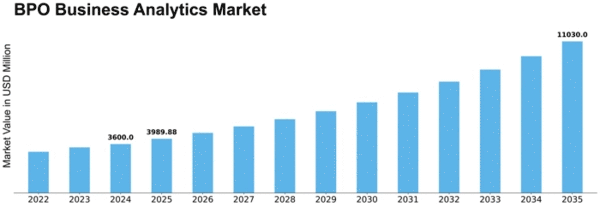


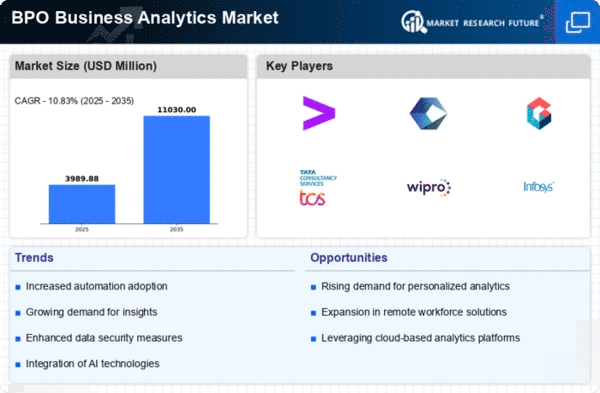



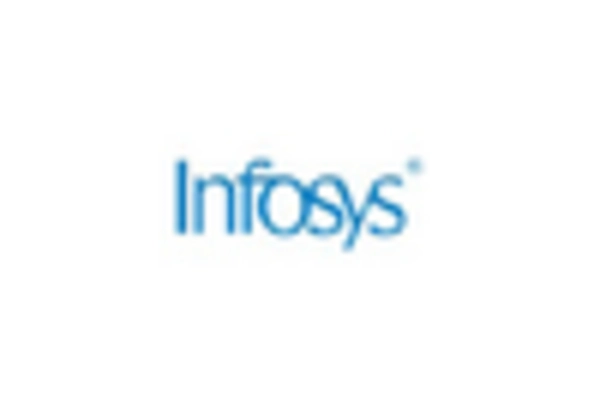
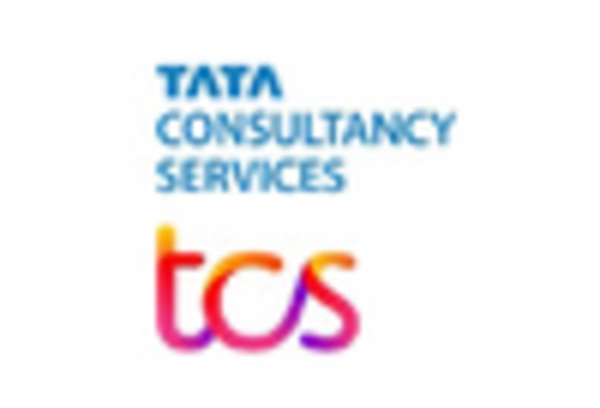
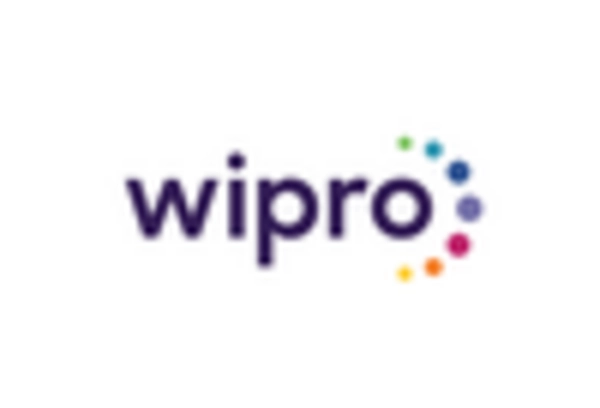










Leave a Comment